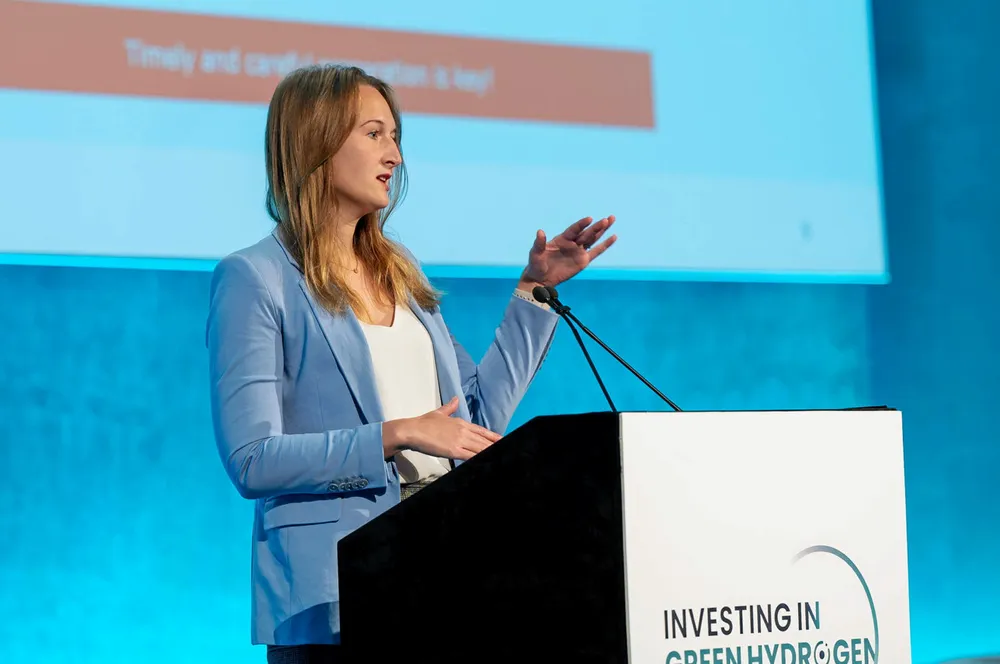How easy will it be for green hydrogen projects in developing nations to export to Europe? Part 2: Auction hurdles
Public procurement law in the EU is likely to disadvantage smaller project developers

Public procurement law in the EU is likely to disadvantage smaller project developers
